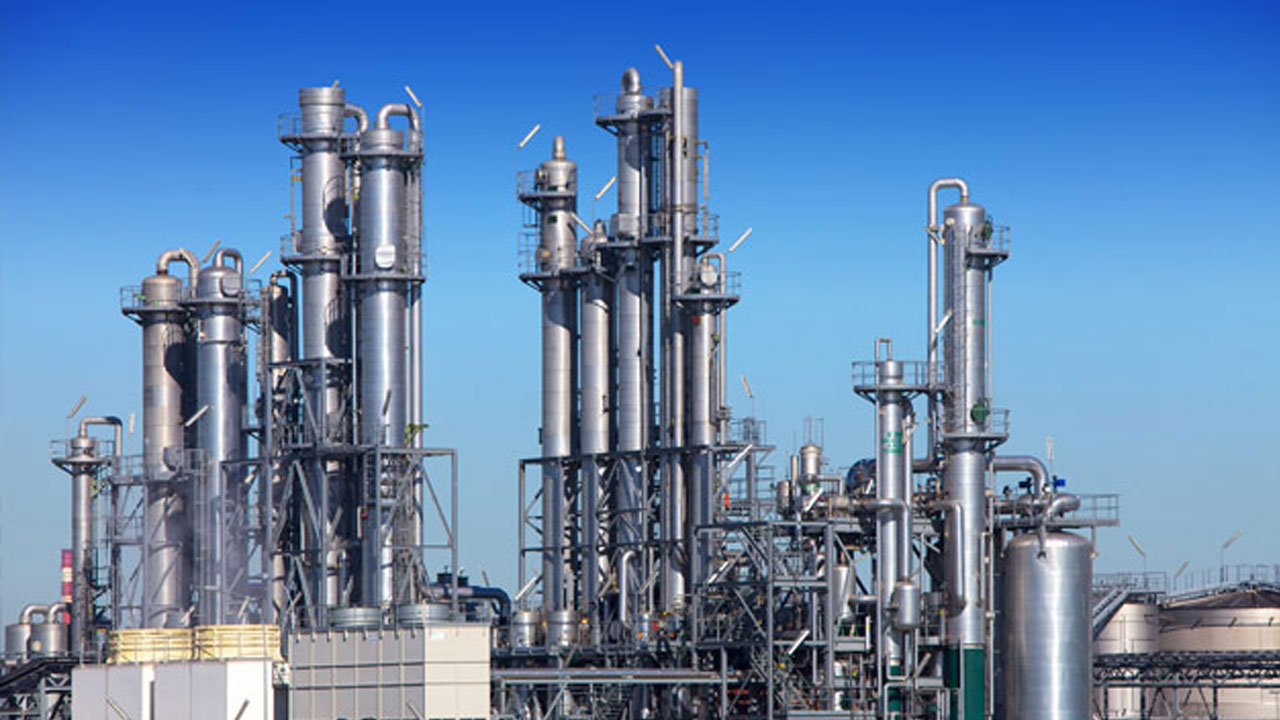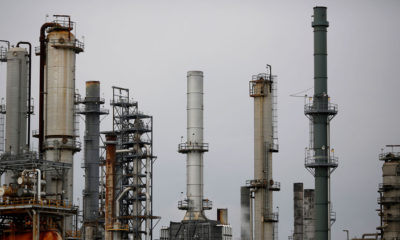- We Planned to Build Five Refineries for Exports – Gowon
A former Head of State, Gen. Yakubu Gowon (retd), said on Monday that there was a plan by his government to build five export-oriented refineries in the country but it did not materialise.
Gowon, who was the Head of State from 1966 to 1975, stated this during the annual international conference of the Oil and Gas Trainers Association of Nigeria in Lagos.
“During our time, our plan was to build five export-oriented refineries to be able to export refined fuel instead of giving the crude to various countries,” he said while addressing journalists on the sidelines of the event.
The nation’s refineries, which are located in Port Harcourt, Kaduna and Warri, have a combined installed capacity of 445,000 barrels per day but have continued to operate far below the installed capacity for many years.
Gowon expressed the hope that the introduction of modular refineries in the country would bring about improvement.
“So, I hope with the modular refinery scheme, things will improve and we don’t have to be sending our crude abroad to be refined and then they come here with all the subsidies, and the problem it has created,” he added.
A former Nigeria’s High Commissioner to the United Kingdom, Dr Christopher Kolade, in his presentation, stressed the need to unlock Nigeria’s potential through comprehensive human capital development.
Kolade, who is the founder of Chris Kolade Foundation, said Nigerians had not yet agreed on “values we cherish as a nation.”
“Does this nation have a culture on which noble ideas can flourish? Those who want to pursue a noble cause must know that only noble people can achieve noble causes,” he said.
The President, OGTAN, Dr Mayowa Afe, said human capital development in any chosen endeavour had been identified as a tool to promote economic growth and development in a nation.
“Its significance and relevance through acquisition of necessary skills is a prerequisite for socio economic transformation. So, our wealth is not oil and gas but the human capital that we are endowed with by God,” he said.
Afe described the Nigerian Content Act as one of the best things to have happened to the nation’s oil and gas industry.
He said, “Improvements are still needed, but the Act practically created the oil and gas training industry as it is today. Ten years ago, there were very few indigenous trainers, doing very little; but that has greatly changed today. The implementation of the law has been acclaimed to have attracted investments worth $2bn into the country and created about 38,000 job opportunities.
“This created opportunities for our members to be more involved in providing content. Some of our members were saddled with the responsibility for managing various compliance issues that arose from the implementation of Nigerian content initiatives in their companies. This was quite impactful as it has resulted to the growth and development of our members.”

 Forex3 weeks ago
Forex3 weeks ago


 Naira2 weeks ago
Naira2 weeks ago
 Billionaire Watch2 weeks ago
Billionaire Watch2 weeks ago




 Naira2 weeks ago
Naira2 weeks ago




 Naira2 weeks ago
Naira2 weeks ago




 Naira4 weeks ago
Naira4 weeks ago


 Naira7 days ago
Naira7 days ago
 Banking Sector4 weeks ago
Banking Sector4 weeks ago




















